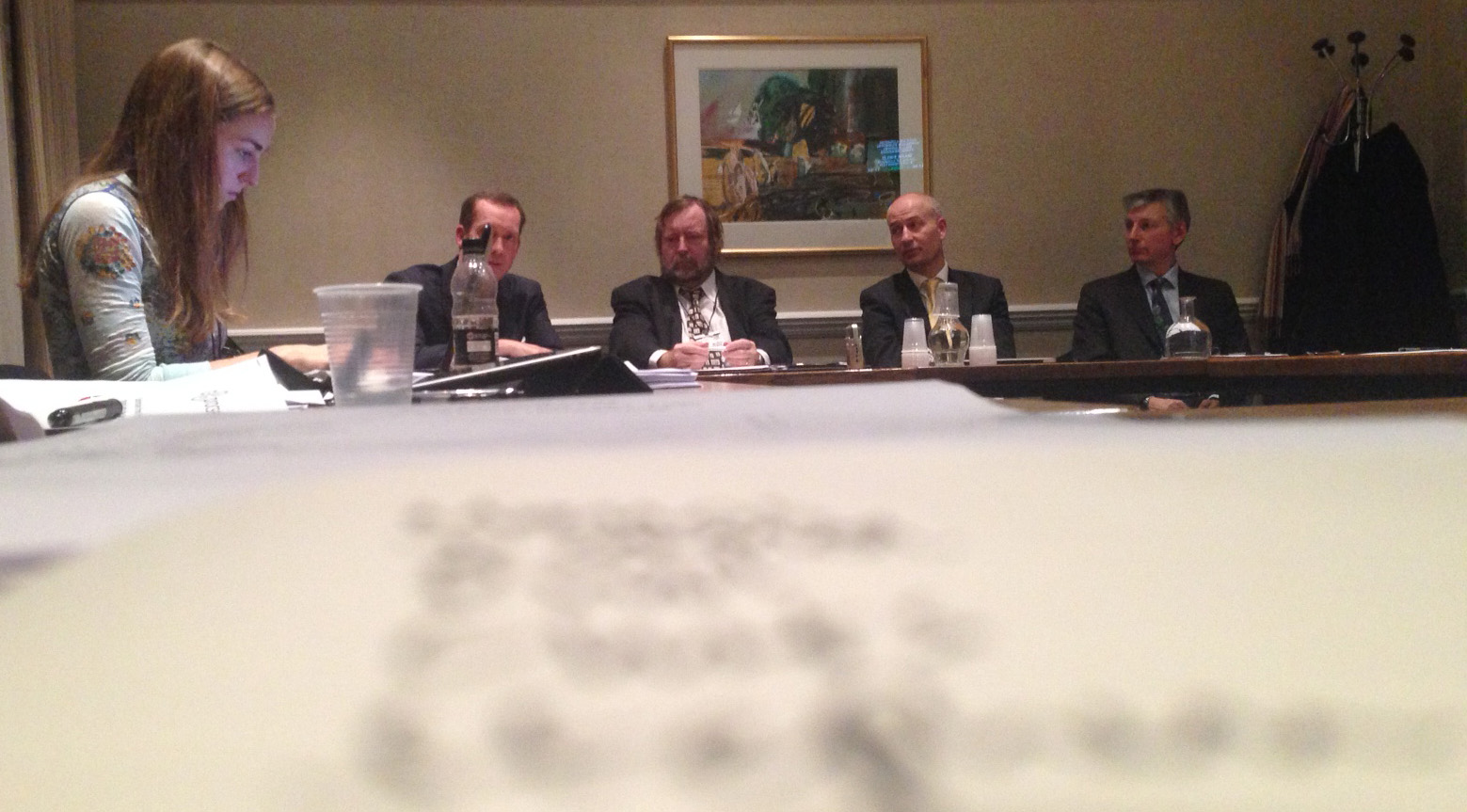28 Jan You need MEAT
Posted at 15:00h
in EU Commission, Procurement Best Practices, Procurement Process, Public Sector Procurement
MEAT or the Most Economically Advantageous Tender has always been one of the assessment criteria upon which contracts could be awarded under EU procurement law. But no longer – soon it will be the only option. A slightly refined version of old MEAT, new MEAT will encourage evaluation of the bids offering the best price-quality ratio.
This change is described by Jennifer Robinson as just one of many changes to EU procurement law that collectively represent a complete overhaul, the biggest change in public procurement law in 10 years.


 From left to right, Caitlin the stenographer, Luke McKeever from OB10, Tim Coleman from the Federation of Small Businesses (FSB), Nigel Taylor from Taulia and Chair of UKNeF, Nigel Clifford from Procserv and to the far right, the coat stand.[/caption]
From left to right, Caitlin the stenographer, Luke McKeever from OB10, Tim Coleman from the Federation of Small Businesses (FSB), Nigel Taylor from Taulia and Chair of UKNeF, Nigel Clifford from Procserv and to the far right, the coat stand.[/caption]